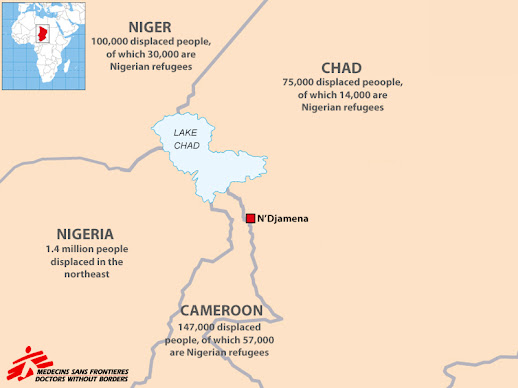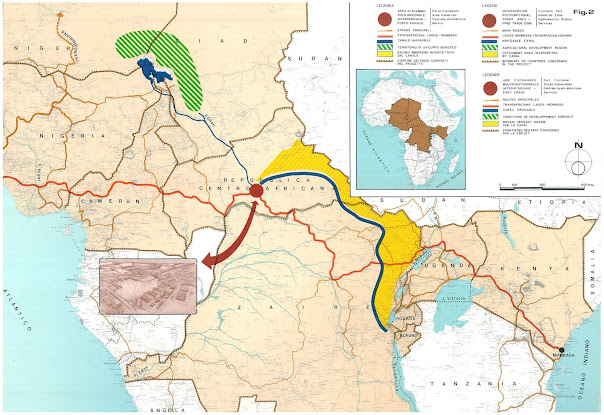Forced Migration and Water Scarcity as Drivers of Ethnic Violence

Hi guys! I hope you had a nice reading week. This post will review the causal relationship between forced migration, water scarcity and ethnic violence in the Lake Chad Basin, particularly enhanced by Boko Haram insurgency. First, since 2013, the violent attacks of Boko Haram have resulted in forced migration and displacement of people in the region which in turn, have largely contributed to the deepening of an ethnic crisis around the Lake Chad Basin ( Kanu, Bazza, Omojola, 2019 ). The Boko Haram-displaced people come essentially from the Borno State and the larger North-Eastern region in Nigeria, which accounts for 1.4 million forced migrants ( Médecin Sans Frontières, 2015 ). Map of Internally Displaced People in the Lake Chad Basin from Médecin Sans Frontières in 2015 The wide influx of newly arrived people, most often in Chad, where the basin still offers a decent amount of freshwater, have led to the creation of new settlements and temporary migrant’s camps around the basin ( O
